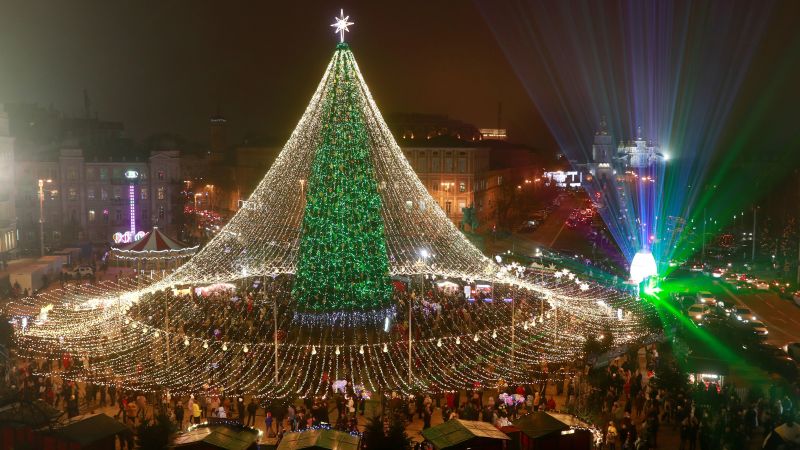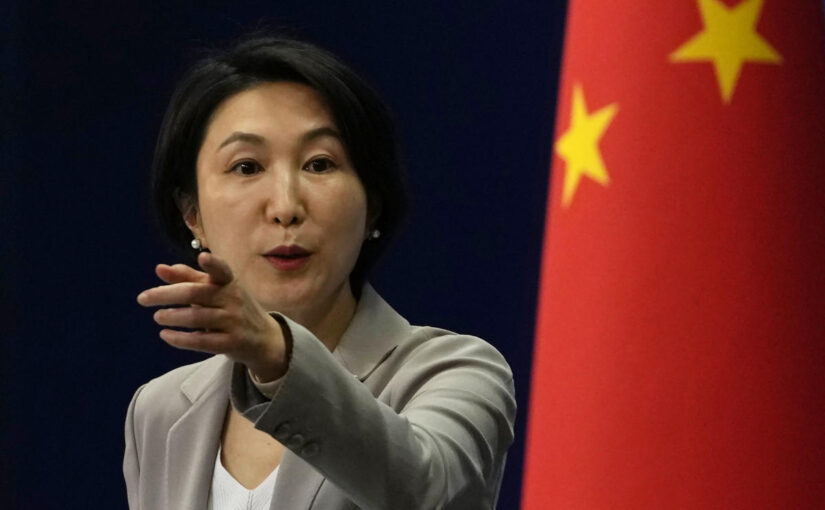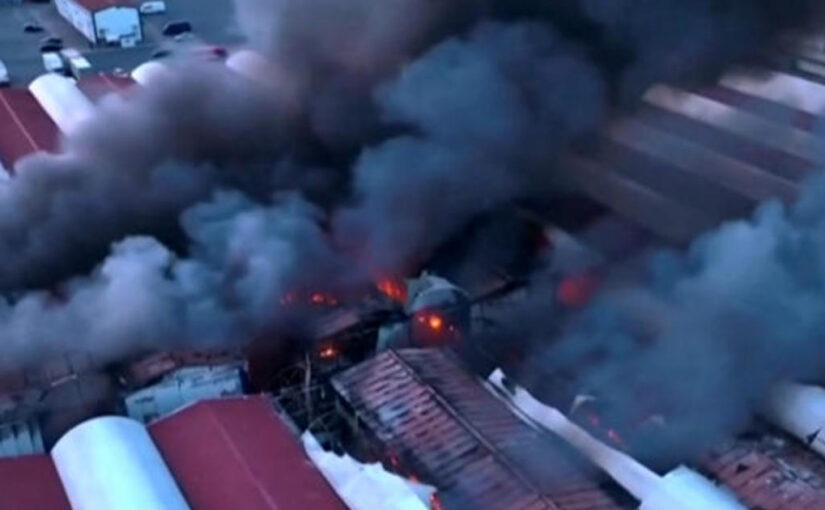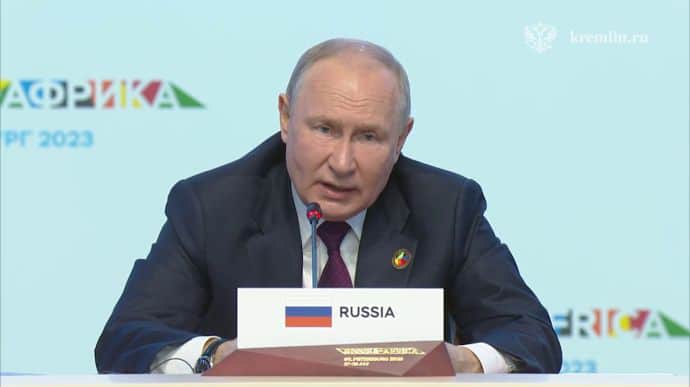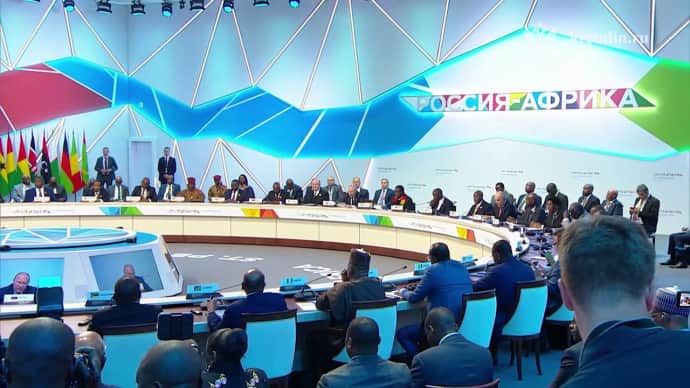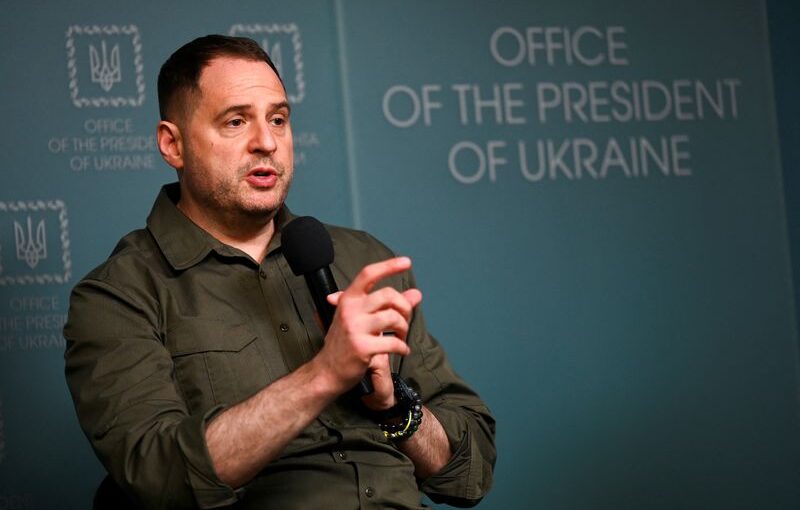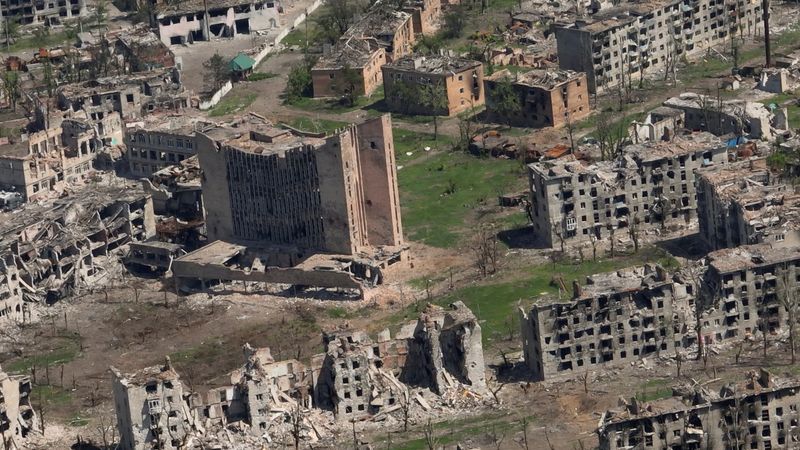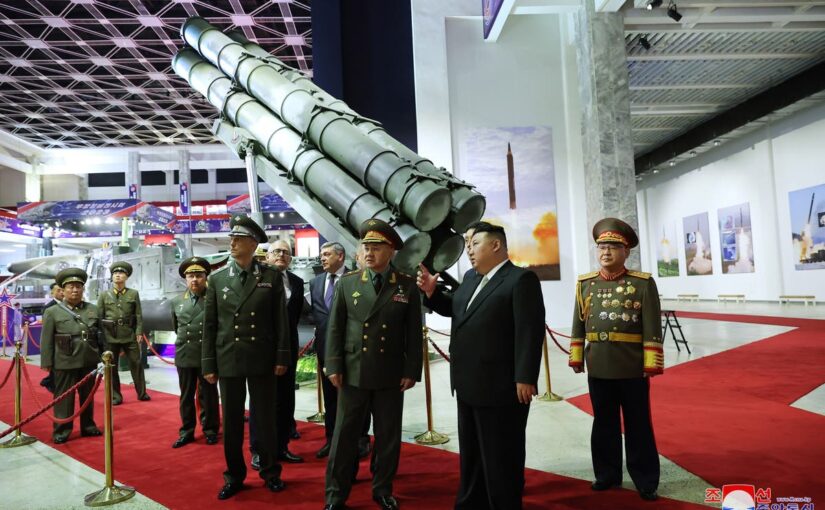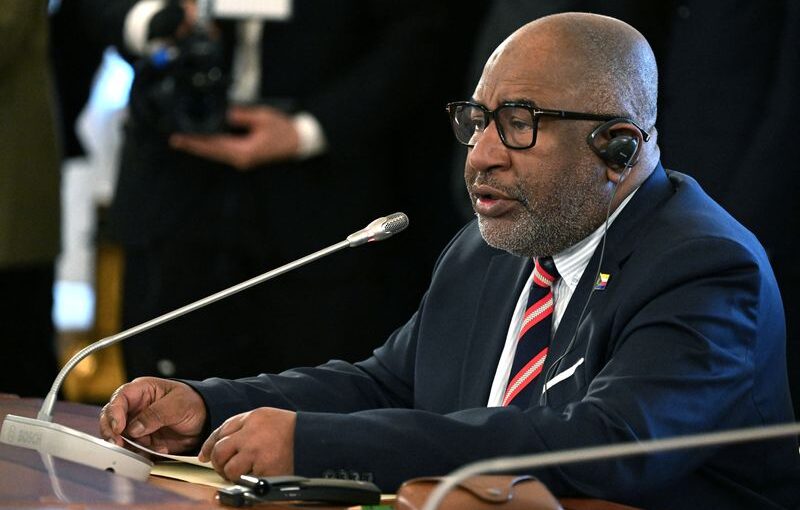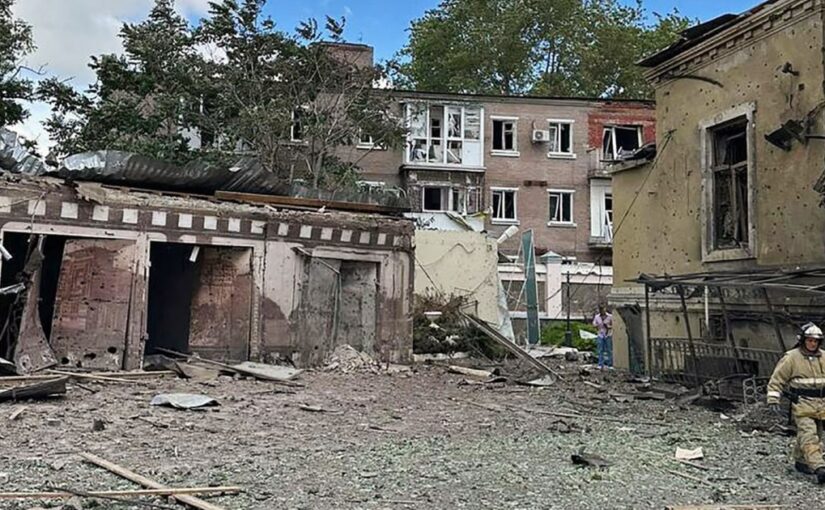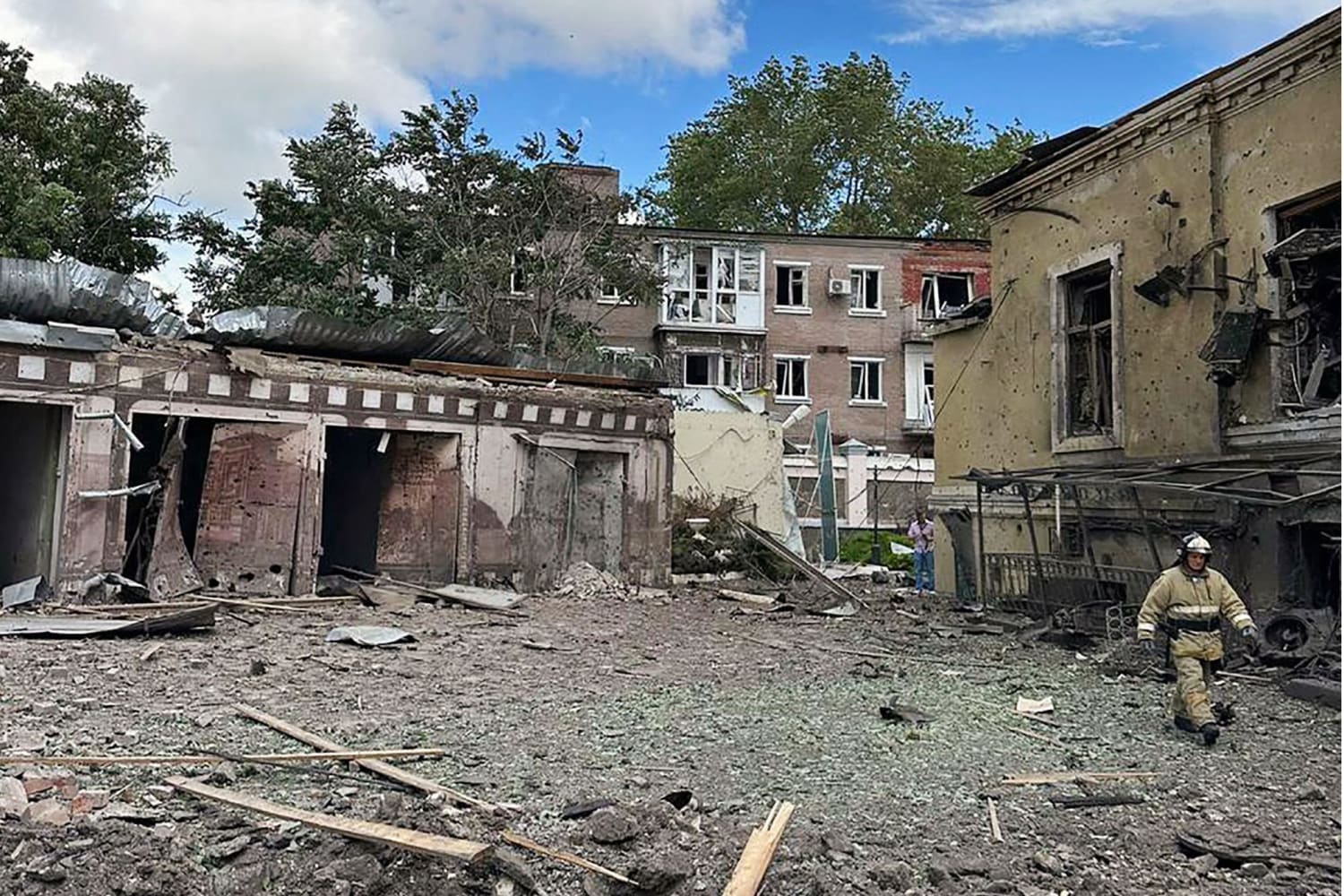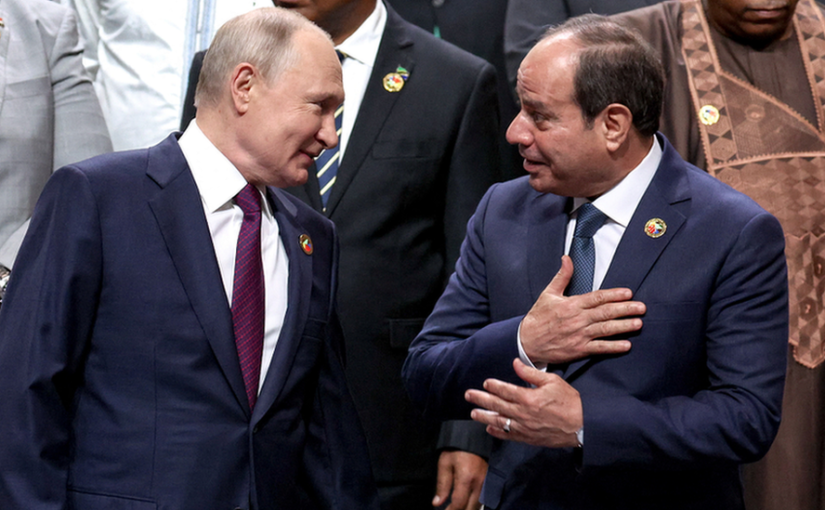CNN
—
Ukraine has passed legislation moving its official Christmas holiday to December 25, further distancing itself from the traditions of the Putin-aligned Russian Orthodox Church, which celebrates the holiday on January 7.
The bill was passed by Ukraine’s parliament earlier this month. President Volodymyr Zelensky signed it into law on Friday.
The legislation’s sponsors said its passage would help Ukraine “abandon the Russian heritage of imposing the celebration of Christmas on January 7,” and help Ukrainians “live their own life with their own traditions (and) holidays.”
Ukraine and Russia are both majority Orthodox countries, but since Russia illegally annexed Crimea and began supporting separatists in Ukraine’s eastern Donbas region in 2014, a large part of the Orthodox community in Ukraine has moved away from Moscow.
Russia’s war in Ukraine further accelerated the divide between the two branches of Orthodox Christianity, especially given that the head of Russia’s Orthodox Church, Patriarch Kirill, fully endorsed the invasion and framed it as a culture clash between the wider Russian world and Western liberal values.
The new law will effectively formalize what some churches in Ukraine had already begun practicing. A branch of the Orthodox Church of Ukraine allowed its churches to celebrate Christmas on December 25 last year. Ukraine’s main Greek Catholic church said in February it was moving to a new calendar to celebrate Christmas on December 25 as well.
The decision appears to be popular. In December, the Ukrainian government launched a poll asking citizens whether the date for Christmas should be moved to December 25. Nearly 59% of the more than 1.5 million people who voted supported such a move.
Alla and Oksana, two teachers from the Zaporizhzhia region who had been forced to flee their homes, said they supported the decision to change the date. They added that they celebrated Christmas on December 25 last year and felt they would “quickly adapt.”
“Ukraine should be a civilized European country,” Alla said. “This should be the norm for us.”
Vitalina and Pavlo, a couple from Lviv visiting Kyiv, supported the decision but said the transition would be harder for the parents.
“Celebrating December 25 is logical. This is how Europe celebrates. We celebrated in December this year and there was nothing difficult about it. We want to be closer to Europe and to the world,” Pavlo said.
Tetyana, an Orthodox Christian from Kyiv, said the date was not important for her, but was ready to support the move because of its symbolic value.
“If necessary, we will celebrate on December 25. It is no longer about religion, it is more a sign of statehood. Let it be so. I support the president and my country,” she said.
The new law will also change the dates of several Ukrainian holidays that are celebrated on the same day as religious festivities. The Day of Ukrainian Statehood – the country’s independence day – will move from July 28 to July 15, while the Day of Defenders of Ukraine, when Ukraine honors its veterans and war dead, will move forward to October 1 from October 14.
